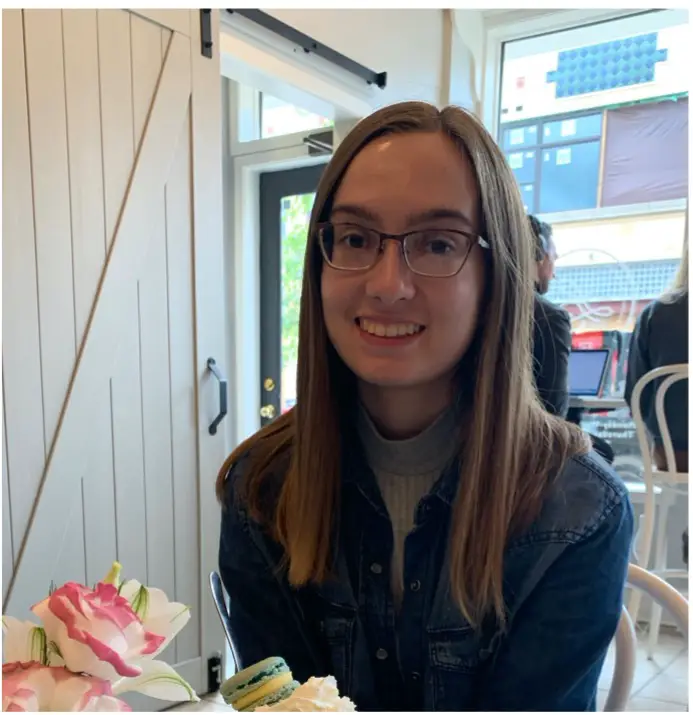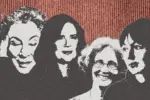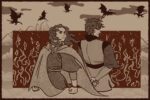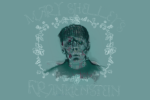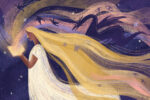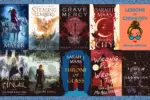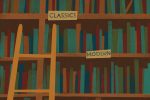Taking place on the last week of every September, Banned Books Week celebrates the freedom to read books, particularly those that have been banned or challenged. Started in 1982 as a way to fight for first amendment rights in schools and libraries, Banned Books Week was founded by the American Library Association. It is a week for readers to come together “in shared support of the freedom to seek and to express ideas, even those some consider unorthodox or unpopular.”
When I was in middle school, my English teacher planned to have her students read “Speak” by Laurie Halse Anderson. The book follows the story of a high school freshman, Melinda, who deals with the after-effects and trauma associated with rape. As the book continues, Melinda slowly heals and finds the importance of speaking up for the sake of her own personal recovery. This book brought parents to the school board, who wanted to stop the class from reading it because of the overarching themes of sexual assault and trauma.
Ultimately, my class was not stopped from reading “Speak,” although the book remains widely banned in schools and libraries. It was an influential and necessary book for me to read in middle school, as it taught me about the danger of sexual assault and the trauma that accompanies it.
So, why are books banned?
Books are first challenged due to themes that individuals find unsuitable and or otherwise antagonistic to their own beliefs, most being political or religious. “A parent restricting their own child from a book is one thing, but for that parent to have that book removed from their school and local library is another,” said Myah Phillips from The Hornet. It is not uncommon for parents to restrict certain media for their child, such as television shows and books, especially when the content in question is meant for an older demographic or is something that may trigger a traumatic emotion. But, as Phillips points out, banning a book limits others in the community who would have benefited from reading it.
Looking at the top 100 most banned and challenged books of the decade shows that the most taught high school books in school curriculums, which include “The Handmaid’s Tale,” “1984” and “Of Mice and Men,” are challenged and banned because of profanity and sexual references. While such books are censored in a portion of institutional settings, most schools still teach the novels, although they are debated against.
The most common themes that cause a book to be challenged are offensive language, sexual content and unsuitability for a certain age group. Other themes include homosexuality, violence, racism, religious viewpoints and even the occult, which is the reason why the “Harry Potter” series is banned in some institutions. Once a book is officially banned, it is removed from the shelves of the specific library, school or bookstore in which the issue was raised.
A majority of 2019’s most challenged book list includes books aimed at children that include an LGBTQIA+ character. Scottie Andrew from CNN revealed, “On the top 10 most challenged books of 2019 rankings, eight were challenged because of LGBTQ content.”
“And Tango Makes Three” is a children’s book about two male penguins who desire for a family and find a baby penguin with the help of a zookeeper. The depiction of an “unconventional family” and homosexuality has resulted in the book appearing on the list for most challenged books since 2006.
At number one for the 2019 list sits “George” by Alex Gino. The short novel is intended for readers ages 8-12. It follows the character of fourth-grader Melissa, who wants to be seen as Melissa rather than George. She plots to use her class’s rendition of “Charlotte’s Web” to show her classmates and her mom that she is a girl. It depicts a young girl dealing with the external and internal struggles transgender youth face. Due to a transgender main character, “age-inappropriate material” and the depiction of a nontraditional family structure, it is widely challenged and banned.
Books give the reader the ability to look through others’ perspectives. To be anyone and to do anything. Different characters immerse the reader in real-world conflict and bring the book into the reader’s reality. As Regan McMahon from The Washington Post wrote, “Young people may find a character going through exactly what they are, which makes it a powerful reading experience and helps the reader sort out thorny issues such as grief, divorce, sexual assault, bullying, prejudice and sexual identity.”
Books containing race and racial problems have also been disputed. Books from Toni Morrison and Maya Angelou that tackle themes of racism and trauma have been challenged. In addition, books that contain racial slurs or any form of racism, such as “To Kill a Mockingbird,” have also been questioned. However, in a response to an NYT Student Opinion question, Lola Byers writes: “Yes, the content of these books may be controversial, violent, disturbing, but how can you learn to fight against the horrors of this world without knowing what they are?” While challenged books often discuss difficult topics, readers learn more about the world, good and bad. They lead to necessary discussions about society and people. Learning about racism through a Black female author offers an inside perspective of intersectional racism, rather than the outside, distanced perspectives often found in history books.
Although Banned Books Week only lasts seven days, it is important to look at the themes of banned books and see why they are banned. This week encourages readers to pick up a banned book and to explore the ideas that people believe should be censored, such as sexuality and racism. Although books are banned mostly to protect young readers from difficult themes, by reading a banned book, young readers learn more about controversial topics that are otherwise left unspoken. As the slogan for Banned Books Week expresses, “Censorship is a dead end. Find your freedom to read during Banned Books Week!”
ALA Office for Intellectual Freedom director Deborah Caldwell-Stone said, “Books, novels, true stories and memoirs are ways of developing empathy for other people and their lives. If we take that away from young people, we’re really depriving them of opportunities to develop as individuals, to understand the world.”




